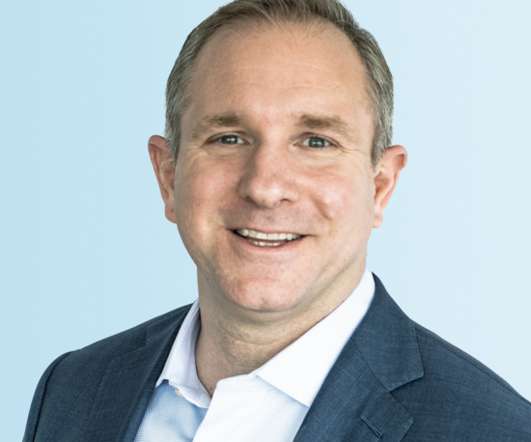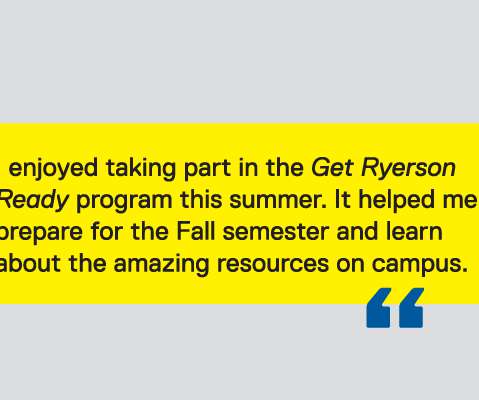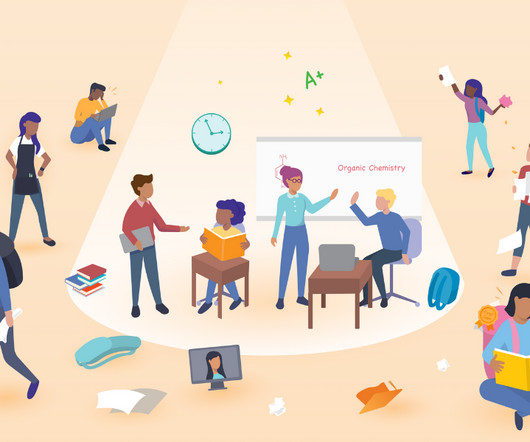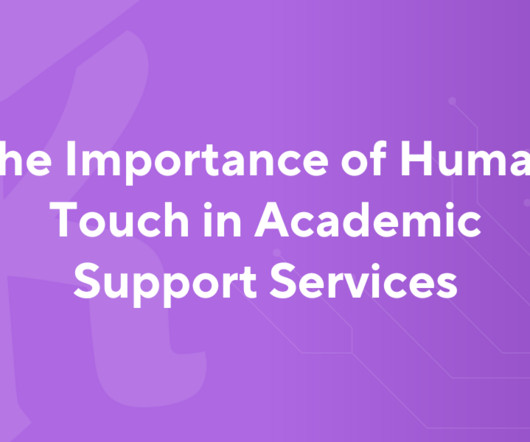College Campuses Must Respond to the Pressing Needs on Mental Health and Wellness
Diverse: Issues in Higher Education
FEBRUARY 12, 2025
Yet higher education institutions are falling short on delivering essential mental health resources for students. This initiative reflects the Ruderman Family Foundations commitment to working with our partners to help expand access to mental health services and programs in the higher education community.






















Let's personalize your content